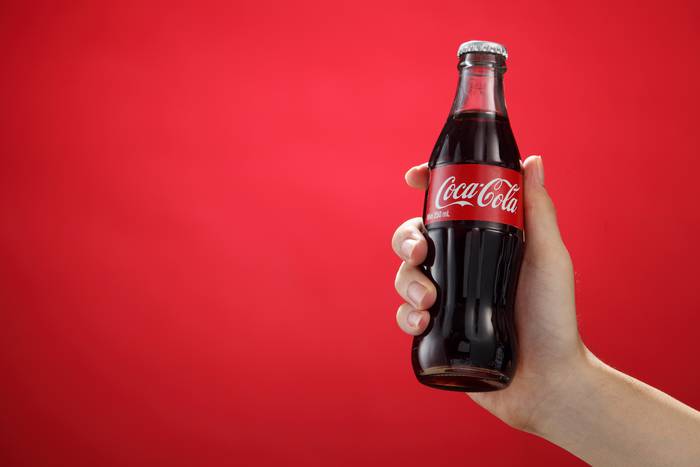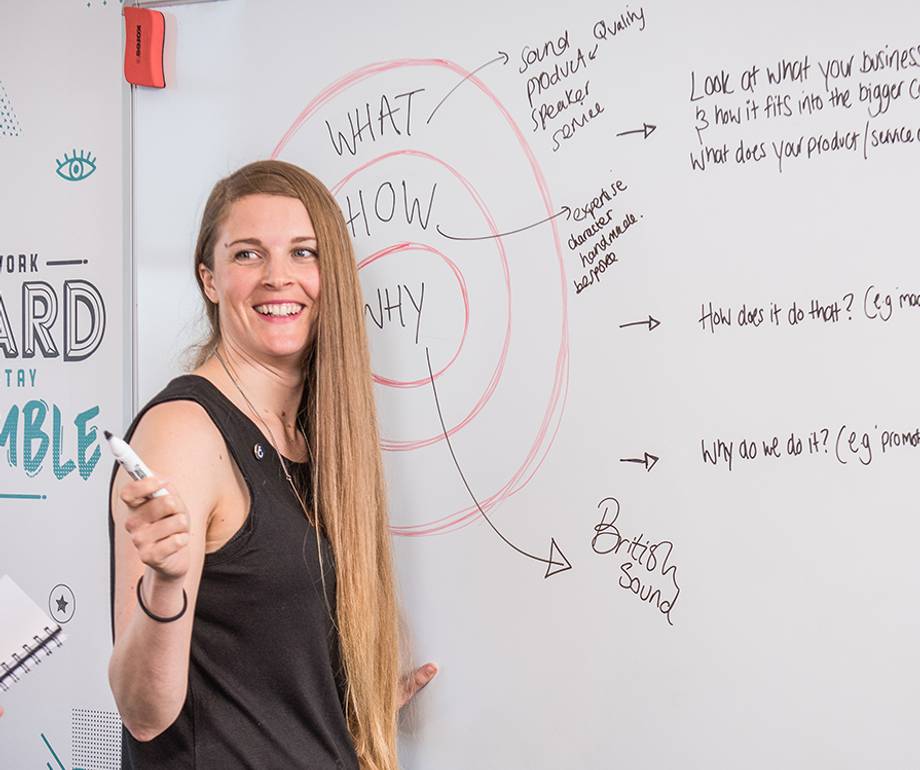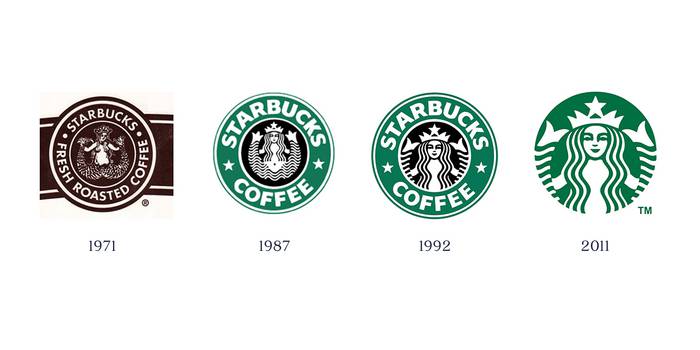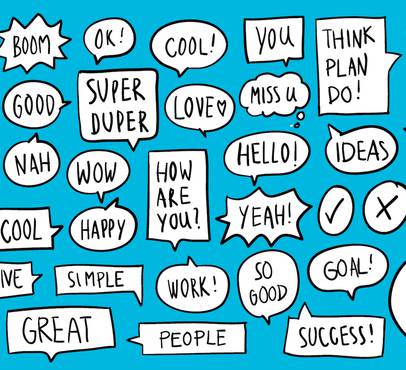Any business, big or small, should have a well thought out branding strategy if they want to be successful. Not only does it set you apart from your competition in often saturated markets, it’s also part of what converts first time customers into life long advocates. Read on to find out why developing your branding should be priority number one for your business.
What is a brand?
Before we get into the importance and power of branding, let’s get start with the basics - what exactly is a brand?
Your brand is a feeling, it’s your essence, it represents the promise to your customers of what they can expect from your products or services and differentiates you from your competitors to make you recognisable. A brand typically consisting of a name, logo, tagline (if relevant/appropriate for your business) and tone of voice, amongst other attributes that make you distinctive.
For example, Coca-Cola is more than just a soft drink - it's ‘happiness’ in a can and guarantees a refreshing experience wherever in the world you drink it. Heinz tomato soup goes way beyond what it says on the tin - it’s the taste of home comforts and nostalgia. Apple is more than just a tech brand - they’re a progressive powerhouse, representing connectivity, simplicity and efficiency through sleek, minimalist designs. The connotations of these brands go far beyond their product offerings - why? Because of how much has been invested in the creation, development and maintenance of these brands.

What is branding?
So we know it’s important, and is worth investing time and resources in, but what does branding really mean?
Branding is the actual process of giving a meaning to your organisation, and the products or services you provide, in the mind of your consumers. It’s a strategy used to help people quickly identify attributes associated with your brand such as value, quality, standard of customer service amongst many others.
Typically, brands evolve their branding over time, adapting to market changes, technological advances and consumer demands. Whilst some undergo complete rebrands - redesigning their logo, tagline, tone of voice or even redefining their core values - others simply modify aspects of their branding to reflect their growth. Take Starbucks for example; this logo has evolved, enjoying many different iterations since the original was launched back in 1972. Fast forward to the latest version and the present day, the brand has a global level of familiarity and as such, it no longer needs to feature the name to be recognised. This success means Starbucks joins an elite club of super-brands including McDonald’s, Nike and Apple - none of whom need anything more than a symbol to represent their brand.
Why is branding so important?
Ultimately, the efforts of your branding strategy can often be the deciding factor in the path to purchase, when customers are considering who to spend their hard earned cash with.
Considered and well executed branding will set you apart from competitors, making you memorable and should be representative of the experience consumers can expect from you. It provides a personality beyond your products or services for consumers to connect with, forming relationships you can build upon with marketing activities. You then have the opportunity to convert first time buyers into loyal repeat customers who will advocate your brand - a marketer’s ultimate dream!
Investing in the development of your brand demonstrates your commitment to your business, your customers and your staff. It goes beyond your products and creates a movement that people will celebrate, support and align with. From establishing values that guide your business, to visual design aspects like your logo, colour palette and typeface that make you easily identifiable - alongside your tone of voice (which allows your personality to shine through), your branding plays a key role in forming your reputation and should be a priority.
Looking for help developing your brand? We're ready for you.
Drop us a linePost by

Amy joined in 2014 to set up our Content department. She now heads up a growing Brand and Content team, utilising over 13 years’ experience to deliver brand awareness through targeted, multi-channel copy. As well as engaging content for websites and blogs, Amy delivers PR strategies and tone of voice exploration, helping clients to communicate the purpose and values of their brand with maximum impact.
Project




